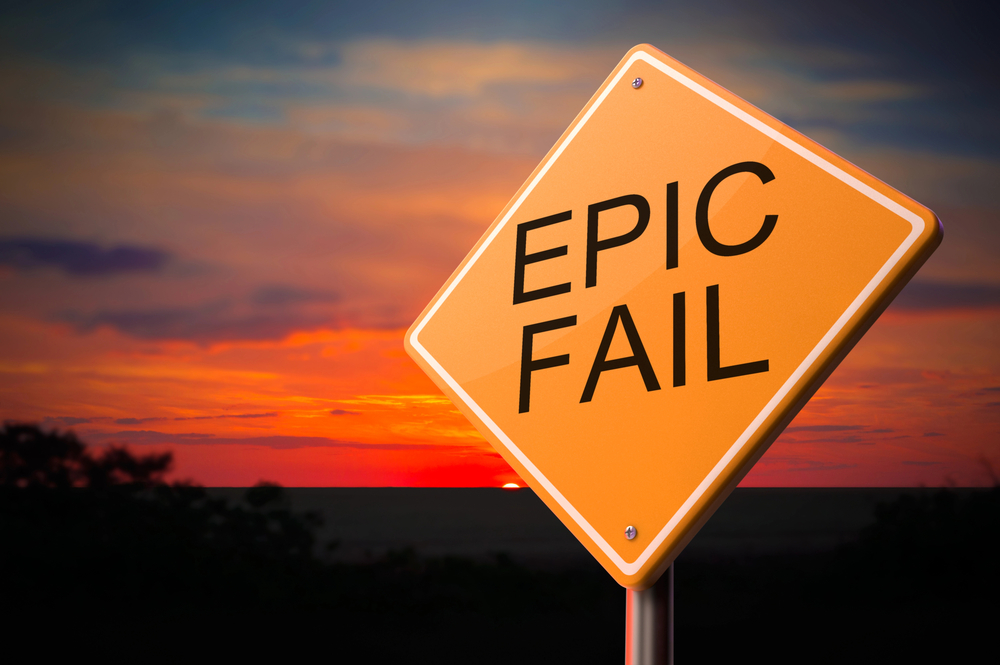
{Read in 5 Minutes} As a Trust and Estates attorney, I frequently write Wills for people as part of their overall estate plan. I also represent Executors and Administrators after somebody dies when there is a petition in the Surrogate’s Court for the appointment of a fiduciary of an Estate. Also, because I represent Executors after someone has died in the process of offering a Will to probate in the Surrogate’s Court, I have read thousands of Wills over the years, both ones that I have prepared, those prepared by other attorneys, and even some DIY Wills.
As someone who has read thousands of Wills over the years, I can very quickly identify some of the most common mistakes people have made. While people don’t need to redo their Wills every few years, it is always a good idea to review them and ensure that they still reflect your wishes. You might want to use this article as a quick self-checkup to see if any of these issues create potential problems for your Estate:
1. The Will is not executed properly.
Our statutes in New York State require certain formalities when executing a Will. The person must sign it at the end, and two disinterested witnesses should witness it. A lot of time, people will put great effort into drafting the terms of the Will, but if they never sign it or have it witnessed, there will be major problems after they die. Their Estate may be distributed according to the laws of intestacy (the rules that distribute one’s assets when one dies without a Will).
2. The Will does not name an Executor.
The Executor is a person in charge of running the show. The Executor will do a lot of work to discharge their duties. If your Will does not name an Executor, the Courts can appoint an Administrator c.t.a. to handle the affairs of the Estate and make distributions to the beneficiaries. However, this can add significant delay and cost to the probate process. It’s best to be sure that your Will names an Executor and has at least one backup.
3. The Will does not make full distribution of the assets.
I can’t tell you how often I’ve seen Wills, where a person parcels out specific assets, items, or accounts and fails to distribute others. This can create a problem when a portion of your Estate would go to the beneficiaries named in the Will and a portion of your Estate would go to your next of kin under the laws of intestacy.
It’s best to ensure that your Will has a residuary clause that states what happens to the balance of your assets, not specifically addressed. The residuary clause is the safety net that prevents this from being a problem.
4. There are too many dead people in your Will.
People die. It is a fact of life. We all come and go. However, one should look at their Will periodically to be sure the beneficiaries and Executors are still living. This is important because your Executor cannot give bequests to people not alive to receive them. A good Will always has a backup plan.
What happens to every bequest if the beneficiary doesn’t survive you? For example, “I leave my condo to X, but if they die before me, to Y.” This is important. If Y is still alive, even though X is dead, your Will is still good. Also, you should be aware that certain family members (siblings and descendants) whose bequests might go automatically to other family members. I described that in another article here.
Finally, this has nothing to do with the content of your Will, but once again, I must stress and underscore the importance of your Executor being able to produce the original documents. If your Executor can’t deliver the original, it’s possible to probate a photocopy, but it might be an uphill battle.
For more information on this topic, please contact me.
